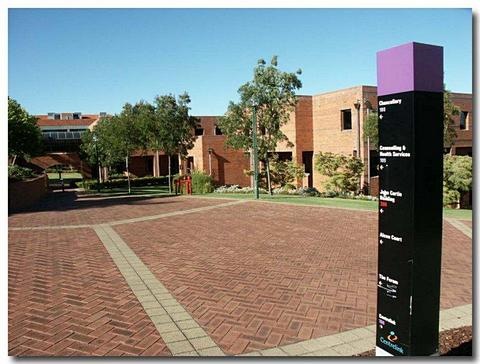Many international students work. They have to, because beyond the exception of a few rich kids, most are perpetually cash strapped. Studying abroad is a capital investment: tuition fees will set you back at least $25,000 per year. You’ll spend another $15,000 in living expenses and accommodation. In all, you’re looking at $40,000 per year of study.
This is one of the main reasons why many international students at University absolutely fear subject failures. It’s not always about the embarrassment of having a “P” grade on your final transcript, assuming if you pass the supplementary assessment. It’s entirely a matter of dollars and cents. If you fail a module, you potentially have to stay for a semester or two more: and you incur more tuition fees and living expenses.
 There are scholarships available of course, and some are specifically intended for international students. It’s funny to think of it in the local context too. There’re lots of threads online complaining about how foreign students in Singapore get all kinds of benefits. But universities do like having foreign students. They add cultural flavor, and they are often very motivated to do as well if not even more as the local students are. Scholarships are one way to help draw the best students outside the country, and encourage them to study at the institution, and hopefully contribute to the country after they’ve graduated too.
There are scholarships available of course, and some are specifically intended for international students. It’s funny to think of it in the local context too. There’re lots of threads online complaining about how foreign students in Singapore get all kinds of benefits. But universities do like having foreign students. They add cultural flavor, and they are often very motivated to do as well if not even more as the local students are. Scholarships are one way to help draw the best students outside the country, and encourage them to study at the institution, and hopefully contribute to the country after they’ve graduated too.
Naturally, scholarship awards are hugely competitive, and each potential award typically sees numbers of applications well in excess to the number of awards. My application to the main doctoral scholarship wasn’t successful – and I suspect that my bachelor’s degree results were mediocre had to do with that LOL – but I received another Completion Scholarship instead which was more modest in its financial support, but every little bit helped.
I was very keen to continue some teaching work too as a doctoral candidate, and Dr. Dreher was instrumental in helping with arrangements in this. I especially enjoyed working closely with students on extended projects, so during my three years I supervised a number of final year student project groups working on their year long major systems development projects. I also guest lectured at the Humanities faculty.
Many people complain about the CPF program here too, but there was a similar program while I worked in Western Australia too, even if the program was called something else. Nicely too, the contributions I made out of my ‘salary’ was returned when I left Australia at the end of my Ph.D.
All in, I can’t help but imagine what things would had been like if I haven’t worked. Aside from that the incoming funds helped a lot in my financial bottom line, I would have meant a gap of 4 years during which I would be out of touch with teaching.
Wow. This sure is turning into a long series of posts. There’s so much to recollect and say! Part VIII in the series next: on living in Perth LOL.
Great stuff, bud. Keep it coming. But also think about an entry explaining why there are no clouds in Australia. I can never get over that when looking at the photos. : )
LOL yeah; the picture in the post was taken in summer 2003, and as that season goes in WA, there aren’t any clouds.:)